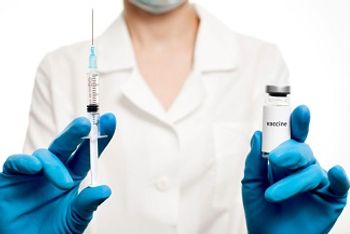
As injectable influenza vaccine doses from the 2018-19 season are set to expire on June 30, 2019, CDC investigators detail 192 cases of expired vaccine administration over the last year.

As injectable influenza vaccine doses from the 2018-19 season are set to expire on June 30, 2019, CDC investigators detail 192 cases of expired vaccine administration over the last year.

As June draws to a close, the Contagion® editorial staff is recapping the trends and top infectious disease news of the month.

The FDA approved the first darunavir-based single-tablet regimen for the treatment of HIV in July 2018. How is it working out for patients and providers alike?

PHOENIx MDR-TB is comparing the safety and efficacy of delamanid, a new drug, with the older TB drug isoniazid for preventing active MDR-TB among individuals exposed to the disease.
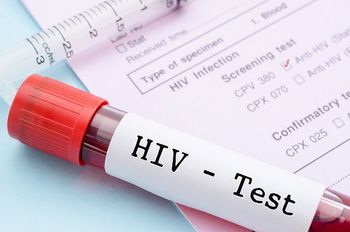
Testing and information will be available at select Walgreens stores in more than 260 cities on National HIV Testing Day on Thursday between 10 am and 7 pm.
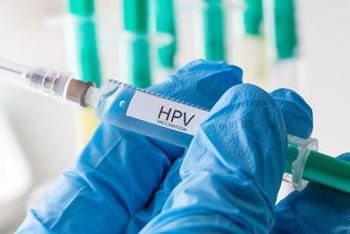
ACIP voted 10-to-4 to expand the recommended HPV vaccine “catch-up” age for men from 21 to 26, matching the existing guidelines for women.

The recommendation means more patients will be able to access PrEP at no cost. However, it likely won’t be enough to dramatically boost PrEP usage without other systemic advances.
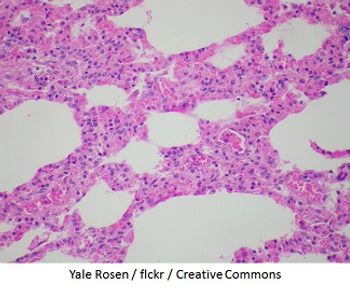
RSV is a pernicious pathogen that may spread easily among the homeless and possibly cause more severe disease.

With investments in novel drugs on the decline, the decision on whether or not to use a new product may serve to foster or stunt development.
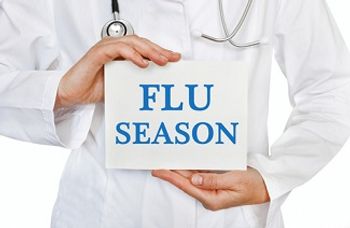
The 2018-19 US flu season lasted 21 weeks, marking the longest season in a decade.

According to a press release issued by the manufacturer, the products are the therapeutic equivalent to Genentech’s Tamiflu capsules.

A symposium at ASM Microbe 2019 considered some specific examples of how bacteriophage shape the microbiome and also zoomed out for a higher-altitude view of the microbiome.

A look at the latest developments in drugs intended to quell gram-positive pathogens, including Clostridioides difficile and non-tuberculosis mycobacterial infections, as presented at ASM Microbe 2019.

Australian investigators conducted an assessment to determine if cannabidiol was effective at killing a range of gram-positive bacteria.
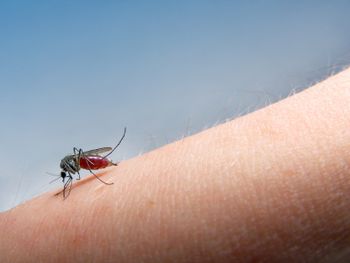
With the arrival of summer in the United States, health officials are reminding the public to take precautions to avoid West Nile virus.
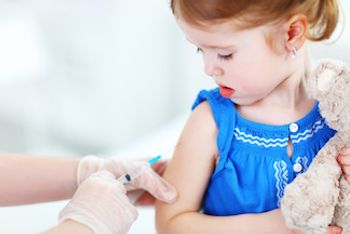
A new study found that infants fully vaccinated against rotavirus were 33% less likely to develop type 1 diabetes later in life than children who didn’t receive the vaccine.

External female catheter could be 1 strategy to reduce the prevalence of CAUTIs.

The research team used single site testing for 1442 (32%) patients with 54 positive (4%) results. Multiple site testing was performed on 3037 (68%) patients and 255 (8%) were positive from at least 1 site tested.
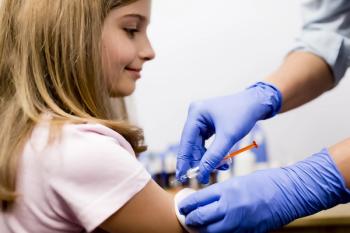
Survey results emphasize the value of educating full-time students with science- and health care-focused majors about vaccines.

Here is a look at infectious disease-related US Food and Drug Administration news from the week of June 16, 2019.
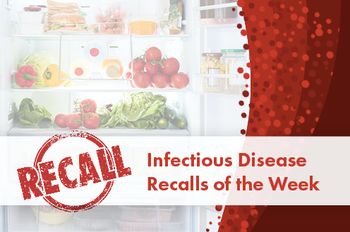
We’ve rounded up a list of important US Food and Drug Administration (FDA) and US Department of Agriculture (USDA) recalls from this past week.

Stay up-to-date on the latest infectious disease news by checking out our top 5 articles of the week.

De-escalation to monotherapy upon bacteremia resolution did not result in unfavorable outcome differences compared with those who continued combination therapy.

Bacteria carrying tandem Guiana extended-spectrum β-lactamase enzymes may be an emerging threat in the United States, a new study suggests.
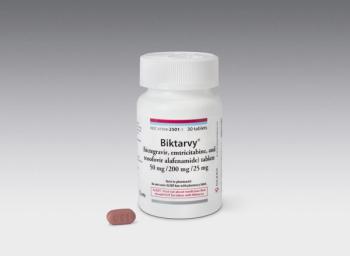
The FDA has expanded the patient population and issued updated drug interactions, warnings, and precautions for Biktarvy.

A recent animal trial reveals that MK-8591 offers protection against SHIV at lower and more infrequent doses than current PrEP options, renewing hope for more choices in the future.
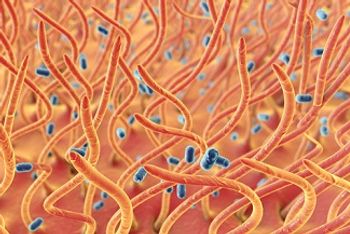
Kaiser Permanente Northern California’s study shows that the pertussis vaccine weakens as time passes after a patient's most recent vaccination.

From biosensors to travel screening efforts, here's how DHS is beefing up biodefense.

Vibrio vulnificus is a serious gram-negative pathogen that can lead to wound and intestinal infections and has high rates of mortality.

The sNDA application is based on positive results from a Phase III, randomized, double-blind, study that compared the efficacy and safety of BAXDELA to moxifloxacin for the treatment of CABP.